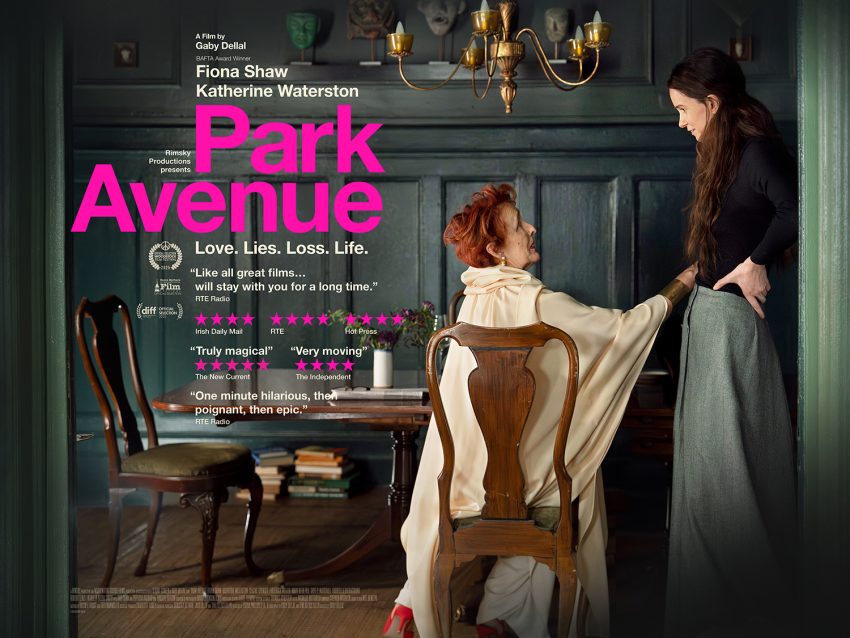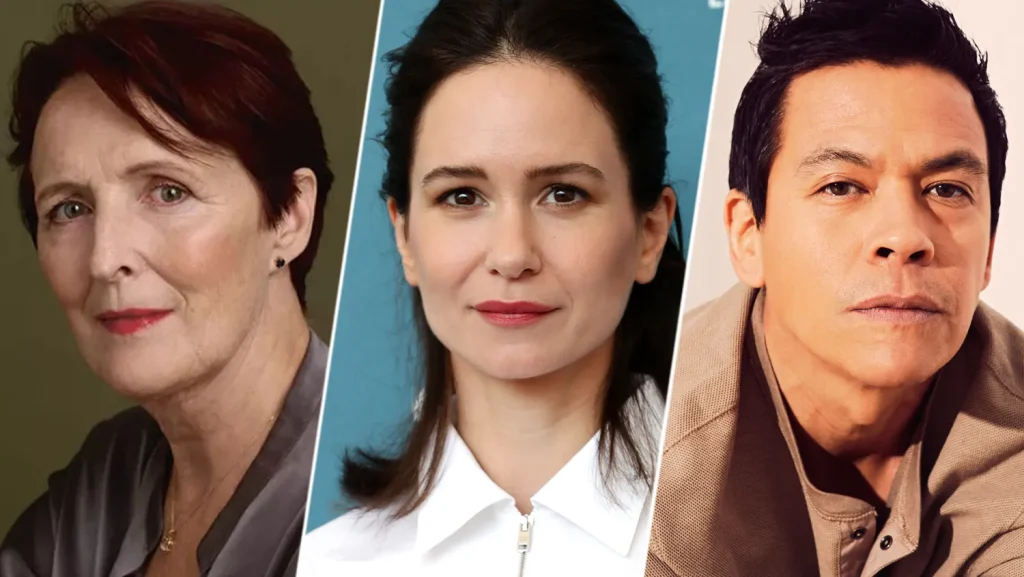
Gaby Dellal’s Park Avenue is a love letter to New York and my god, she’s written it beautifully. The city hums through every frame, not just as a setting but as a heartbeat. Dellal, drawing inspiration from her own relationship with her mother, crafts a film that feels deeply personal yet universally resonant tender, stylish, and quietly devastating.
The story begins with Charlotte (Katherine Waterston) fleeing her ranch and her controlling husband, returning to her mother’s apartment on the Upper East Side. It’s a simple premise, but what unfolds is rich with emotion: a mother and daughter trying to find each other again amid years of distance, grief, and unspoken hurt.
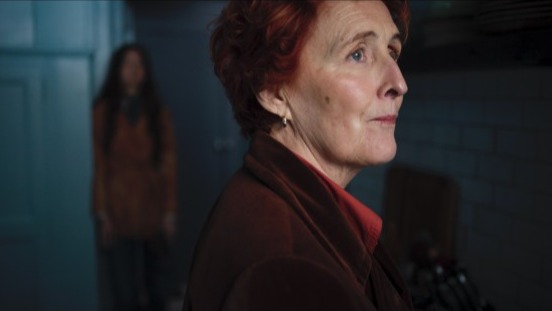
Waterston is exceptional. She brings a quiet, magnetic intensity to Charlotte. Fragile yet determined. Opposite her, Fiona Shaw is magnificent. There’s a touch of Aunt Petunia about her in some scenes that sharpness masking deep love but she makes it her own, never slipping into caricature. Together, they’re electric. Their chemistry is so natural that every pause, every half-smile, feels charged with shared history.
Dellal balances heavy themes death and cancer with a kind of lightness that keeps the film from ever sinking into despair. There’s humour, too, and moments of genuine joy.
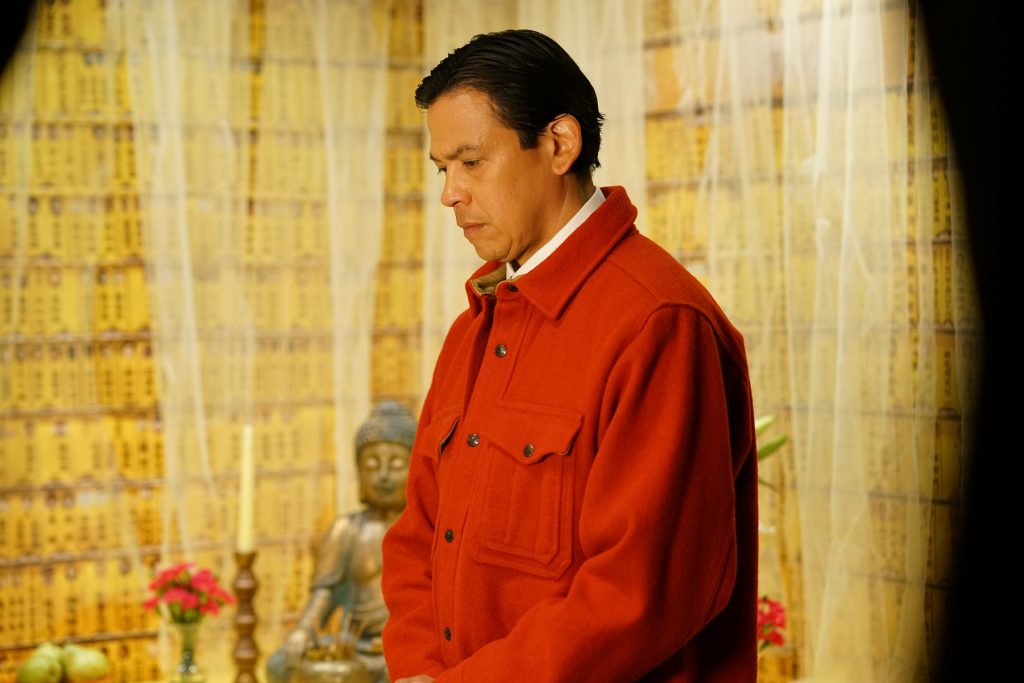
One of the most beautiful comes when Kit (Fiona Shaw) and Andres (Chaske Spencer) create music using their feet and the keys of an old piano tapping out rhythms that become an improvised, wordless conversation. It’s playful and intimate, a scene that says everything about their relationship: connection through sound, touch, and shared history.
Music runs through the film like a pulse. The guitar scenes are quietly hypnotic the doorman’s playing drifting through the building like a lullaby. I could’ve listened to him all night and the soundtrack itself is gorgeous: soulful, understated, perfectly attuned to the film’s shifting moods.
Dellal has a sly sense of humour about New York, too. There’s a brilliant little line about how everyone in the city is gluten-free except you. It’s exactly the kind of wry observation that makes the film feel lived-in and specific.
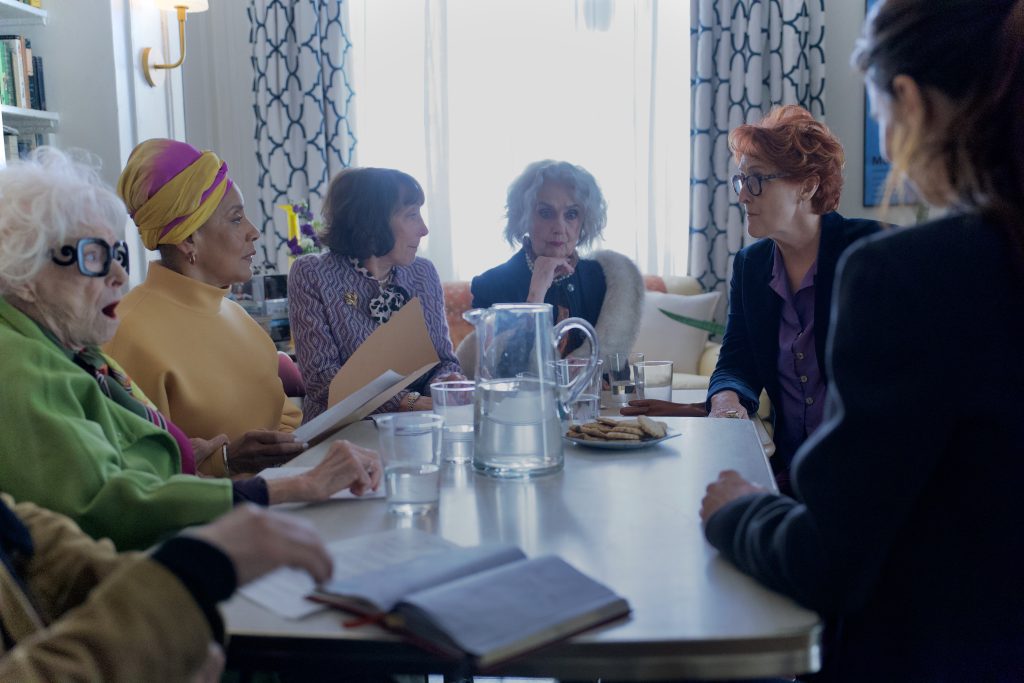
And yes Frenchie (Didi Conn) from Grease makes an appearance, a delightful surprise that adds another layer of warmth to an already generous film.
Visually, Park Avenue is stunning. The costumes are beautifully considered, capturing the polish and eccentricity of upper Manhattan life. The cinematography bathes New York in a soft, golden melancholy elegant but real, like memory itself.
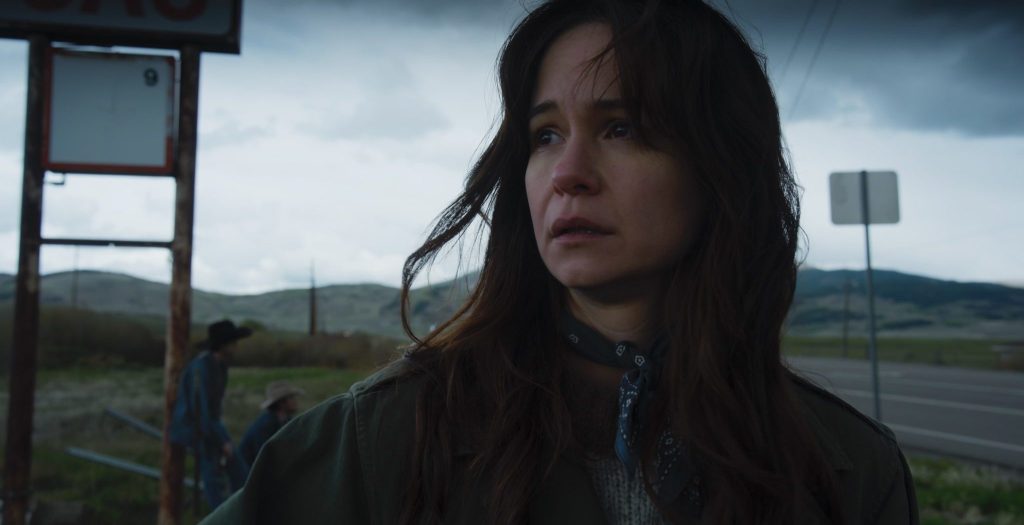
If there’s one shortcoming, it’s that the film doesn’t delve too deeply into Charlotte’s abusive marriage. The control and emotional manipulation are clear, particularly in the custody storyline, but it’s treated more as context than confrontation. Still, Dellal’s focus feels intentional: this isn’t a story about what broke Charlotte, but about how she heals.
In the end, Park Avenue lingers a moving, graceful exploration of mothers, daughters, and the fragile ways we find our way back to each other.


